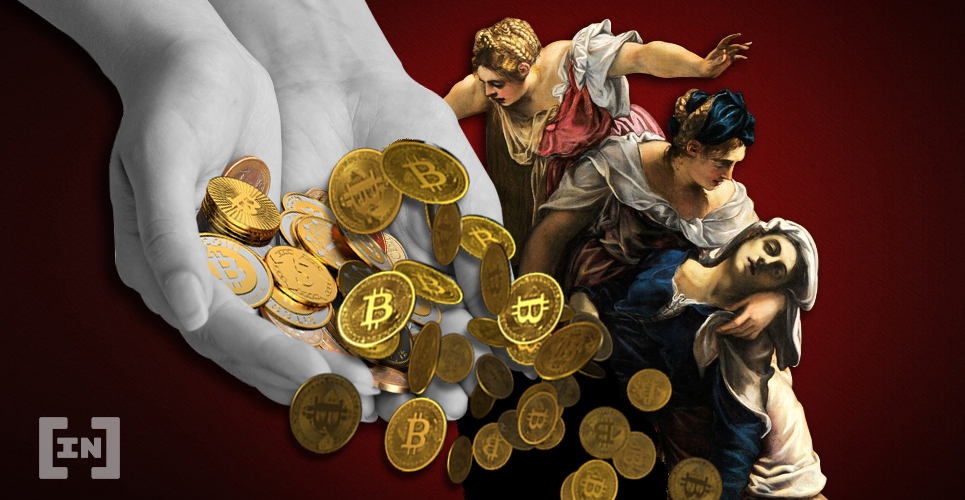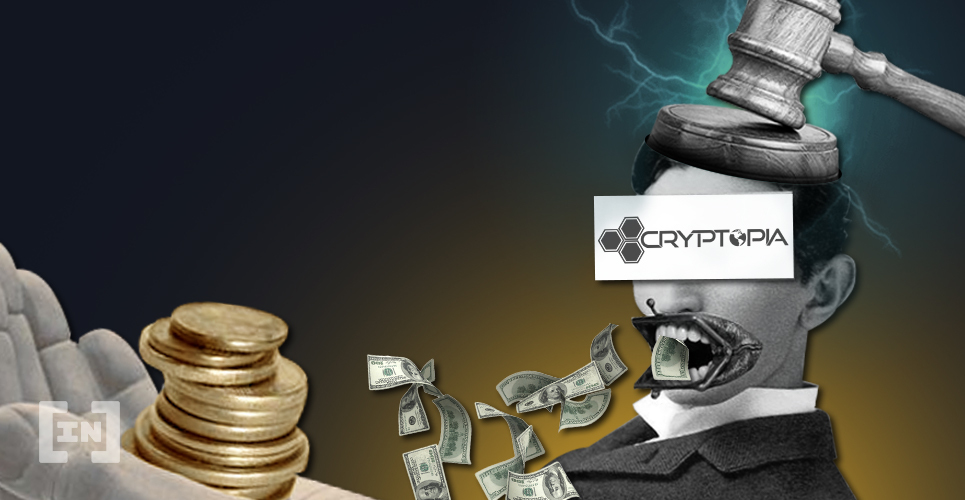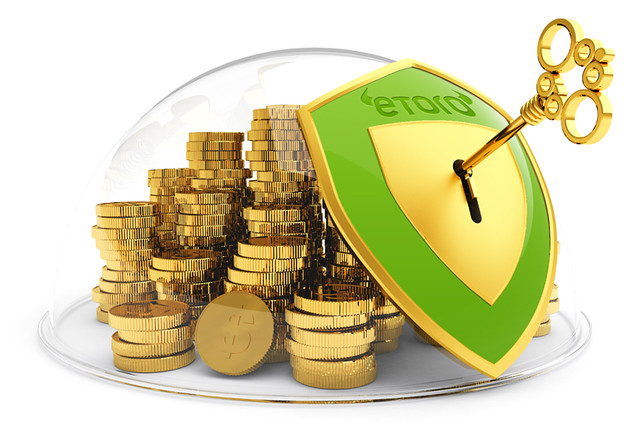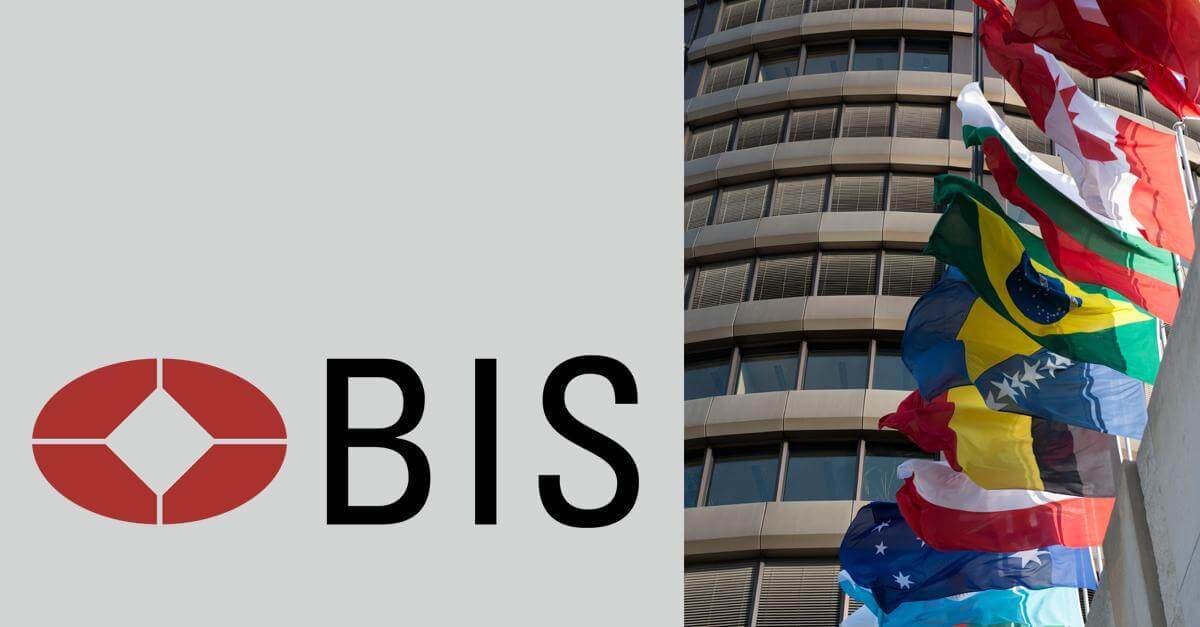2020-5-9 19:20 |
Coinspeaker
Crypto Exchange Fees: Current Situation and Issues
Anyone who has even just a little understanding of crypto knows that to use an exchange’s hot wallet is convenient only for short-term transactions – and for long-term storage, you need a separate, private wallet. But transferring funds to the exchange and back every time is laborious and inconvenient, so many wallets offer an exchange service – in this case, access to the exchange is provided through the wallet and there is no need to register somewhere else.
One service instead of two to use quickly and conveniently, sounds just great, doesn’t it? But everything has a downside. So, what are the pitfalls of exchanging crypto?
Exchange FeesEverything comes at a price. Any transaction on a blockchain requires the use of resources, and the small commissions for the miners are not outrageous to anyone – they are embedded in the system from scratch and designed to ensure decentralization and fair distribution of resources. An equally important feature of these commissions is that they are quantifiable and can be set by the user: you can give more Satoshi for a quick transaction or you can pay less, but you’ll have to wait.
Exchange and wallet commissions though? They present a very different story. Exchanges are a crucial hub between the world of decentralized finance and fiat currencies, but because of their centralized nature, they can set their own rules – namely, conversion fees. Fortunately, there are many of them on the market and their reliability can be determined by feedback and their own experience.
Thus, it is possible to make a comparative analysis of exchanges and say where the commissions are higher and where they are lower.
Wallet FeesAren’t exchange fees enough? The wallets that allow you to interact with an exchange can also take their own commission. It’s understandable – they provide a service that secures the interaction with the exchange and they also need to make money on something – because most wallets are free.
The problem is another story though – not all wallets report their commissions, some of them are dynamic, some open them only at the real moment of exchange – one way or another, if you do not make a comparison manually, you can not understand what the commission of the wallet is at the moment.
Let’s compare a few wallets (the data is relevant for 08.05.2020):
BRD 0.1 BTC = 4.53 ETHExodus 0.1 BTC = 4.55 ETHAtomic 0.1 BTC = 4.58 ETHCoinomi (changelly) 0.1 BTC = 4.54 ETHCoinomi (coinswitch) 0.1 BTC = 4.59 ETHGuarda 0.1 BTC = 4.59 ETHLumi 0.1 BTC = 4.59 ETHFor comparison, we took the most popular App Store and Google Play wallets.
The difference, as you can see, is quite impressive, and the commission for one single exchange may not seem so striking, but with regular transfers, it can result in a big sum of money.
Hidden FeesThis is the main problem of the cryptocurrency exchange market at the moment. The fact is that the world of crypto is, by its very nature, decentralized, so there is no institution above exchanges that set rules and limits on commissions. They can be changed overnight, inscribed in small print or included in the result of counting, without prior notification.
Therefore, at this point in time, the only reliable way to find out what the commission for exchanging fiat to crypto or crypto to crypto was is through a practical comparison.
Crypto Exchange Fees: Current Situation and Issues
origin »Safe Exchange Coin (SAFEX) на Currencies.ru
|
|























